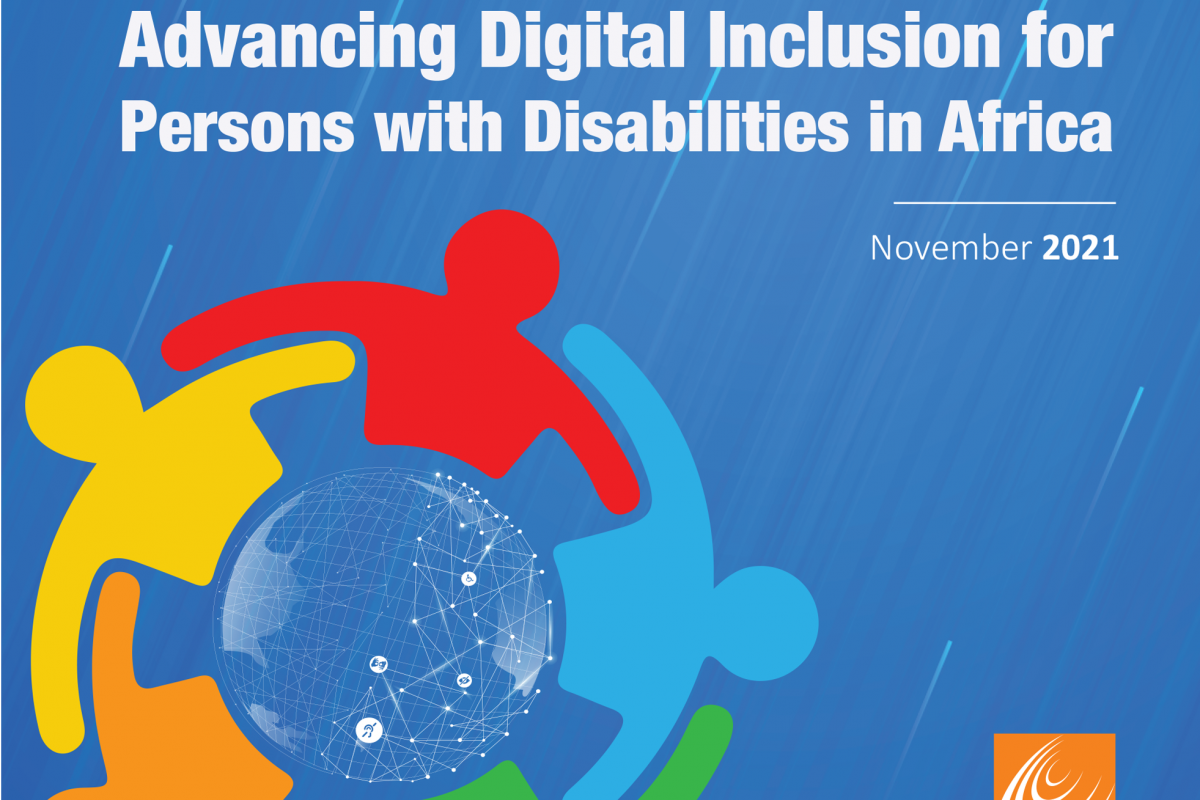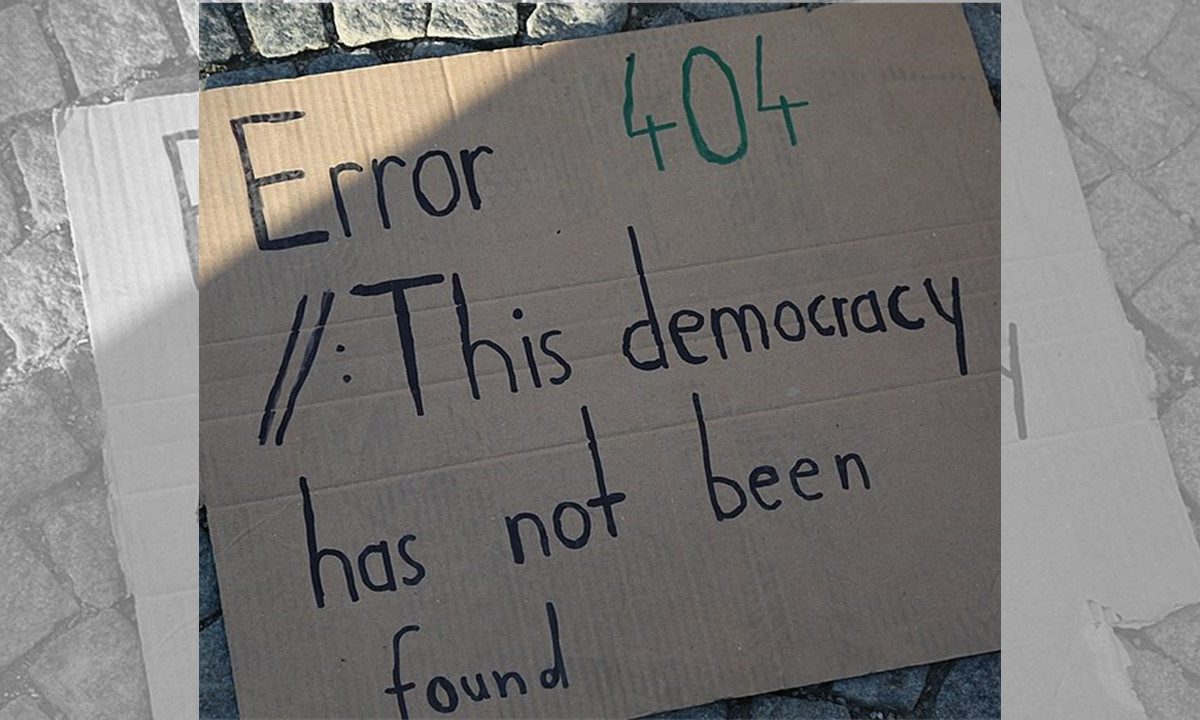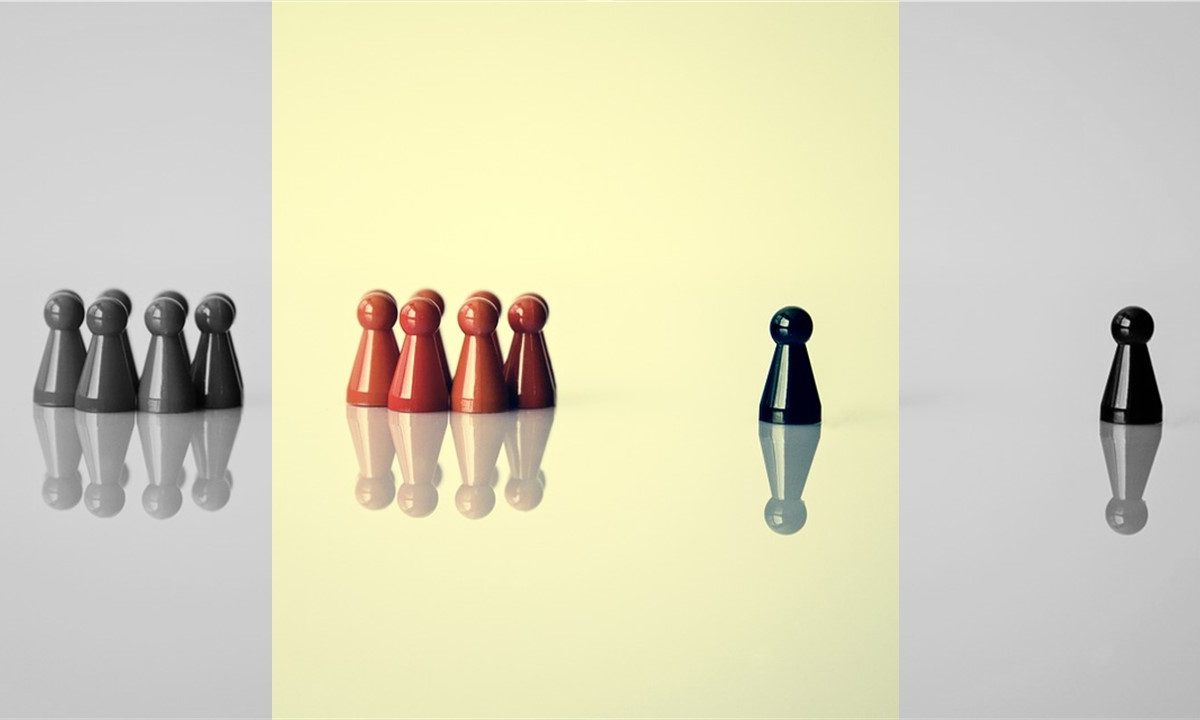By Edrine Wanyama |
South Sudan has enacted the Cybercrimes and Computer Misuse Provisional Order 2021 aimed to combat cybercrimes. The country has a fast-evolving technology sector, with three mobile operators and 24 licensed internet service providers. Investments in infrastructure development have propelled internet penetration to 16.8% and mobile phone penetration to 23% of the country’s population of 11.3 million people, which necessitates a law to curb cybercrime.
The Order is based on article 86(1) of the Transitional Constitution of South Sudan 2011, which provides that when parliament is not in session, the president can issue a provisional order that has the force of law in urgent matters.
The Cybercrimes and Computer Misuse Order makes strides in addressing cybercrimes by extending the scope of jurisdiction in prosecuting cybercrimes to cover offences committed in or outside the country against citizens and the South Sudan state. The Order also establishes judicial oversight especially over the use of forensic tools to collect evidence, with section 10 requiring authorisation by a competent court prior to collecting such evidence. Furthermore, the Order attempts to protect children against child pornography (section 23 and 24), and provides for prevention of trafficking in persons (section 30) and drugs (section 31).
However, the Order is largely regressive of citizens’ rights including freedom of expression, access to information, and the right to privacy.
The Order gives overly broad definitions including of “computer misuse,” “indecent content,” “pornography,” and “publish” which are so ambiguous and wide in scope that they could be used by the state to target government opponents, dissidents and critics. The definitions largely limit the use of electronic gadgets and curtail the exercise of freedom of expression and access to information.
Article 22 of the Transitional Constitution of South Sudan 2011 guarantees the right to privacy. The country has ratified the International Convention on Civil and Political Rights (ICCPR) that provides for the right to privacy under article 17 and the African Charter on Human and Peoples Rights, whose article 5 provides for the right to respect one’s dignity, which includes the right to privacy. The Order appears to contravene these instruments by threatening individual privacy.
Despite a commendable provision in section 6 imposing an obligation on service providers to store information relating to communications, including personal data and traffic data of subscribers, for 180 days – a period far shorter compared to other countries – personal data is still potentially at risk. The section requires service providers and their agents to put in place technical capabilities to enable law enforcement agencies monitor compliance with the Order. With no specific data protection law in South Sudan and without making a commitment to the leading regional instrument, the African Union Convention on Cyber Security and Personal Data Protection, privacy of the citizens is at stake.
The section on offences and penalties lacks specificity on fines which may be levied on errant individuals or companies. On the other hand, some of the offences provided for under the Order potentially curtail freedom of expression and the right to information. For instance, the offence of spamming under section 21 could be interpreted to include all communications through online platforms including social media platforms like Facebook and WhatsApp. Under the provision, virtually all individuals who forward messages on social media stand the risk of prosecution. This also has a chilling effect on freedom of expression and the right to information.
The offence of offensive communication under section 25 potentially has a chilling effect on freedom of expression, media freedom and access to information. A similar provision under section 25 of the Computer Misuse Act, 2011 of Uganda has been widely misused to persecute, prosecute and silence political critics and dissidents. Section 25 of the South Sudan Cybercrimes Order could be used in a similar manner to target government critics and dissidents.
In CIPESA’s analysis of the Order, we call for specific actions that could ensure the prevention of cybercrime while at the same time not hurting online rights and freedoms, including:
- Deletion of problematic definitions or provisions from the Order.
- Enactment of a specific data protection law to guarantee the protection of data of individuals.
- Urgent drafting of rules and regulations to prescribe the procedures for implementing the Order.
- Ratification of the African Union Convention on Cyber Security and Personal Data Protection.
- Service providers should not be compelled to disclose their subscribers’ information to law enforcement agencies except on the basis of a court order.
- Amendment of the Order to emphasise the oversight role of courts during the processes of access, inspection, seizure, collection and preservation of data or tracking of data under section 9.
Read the full analysis here.





